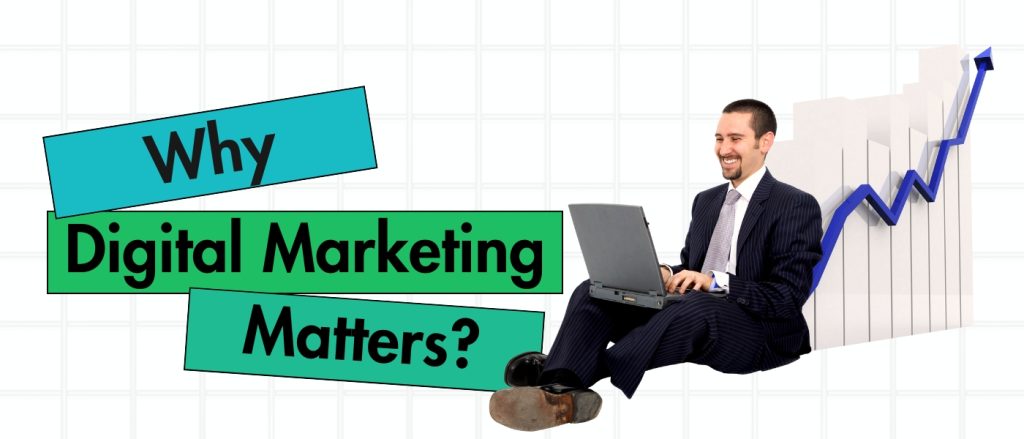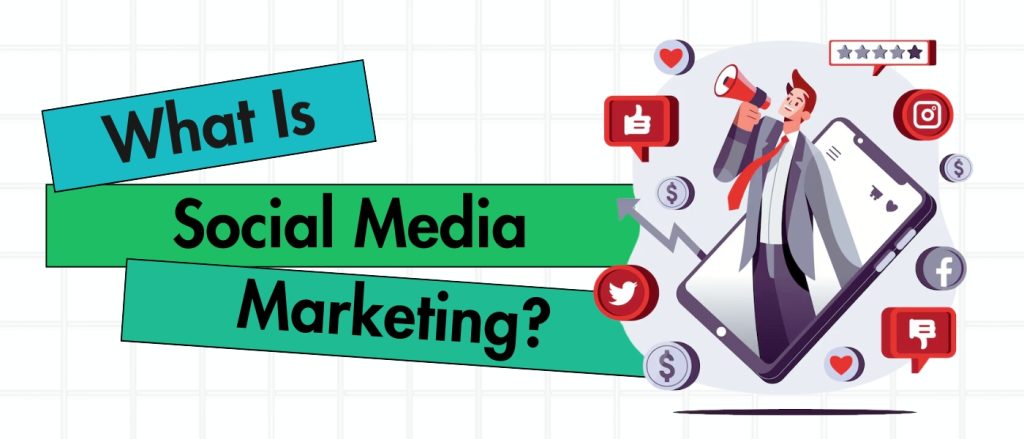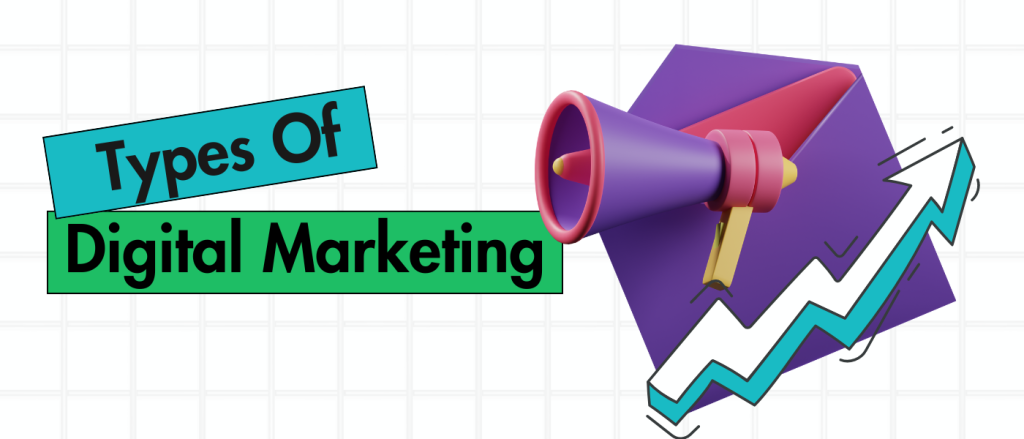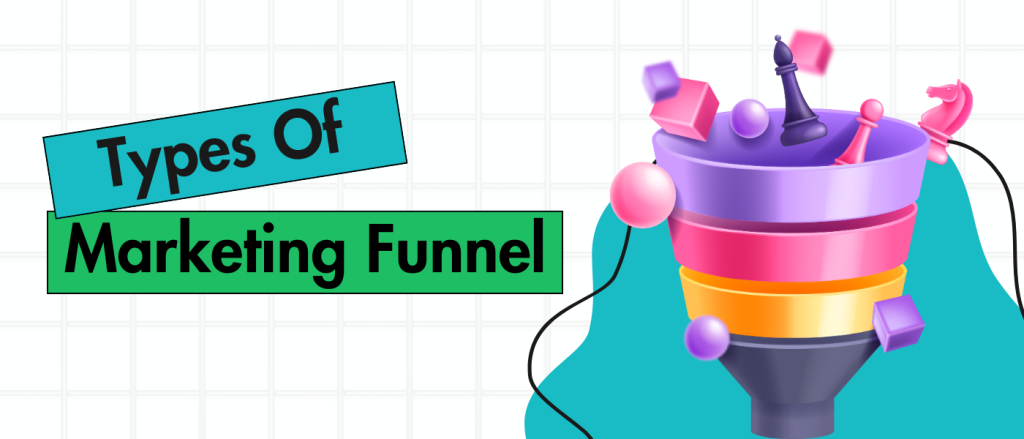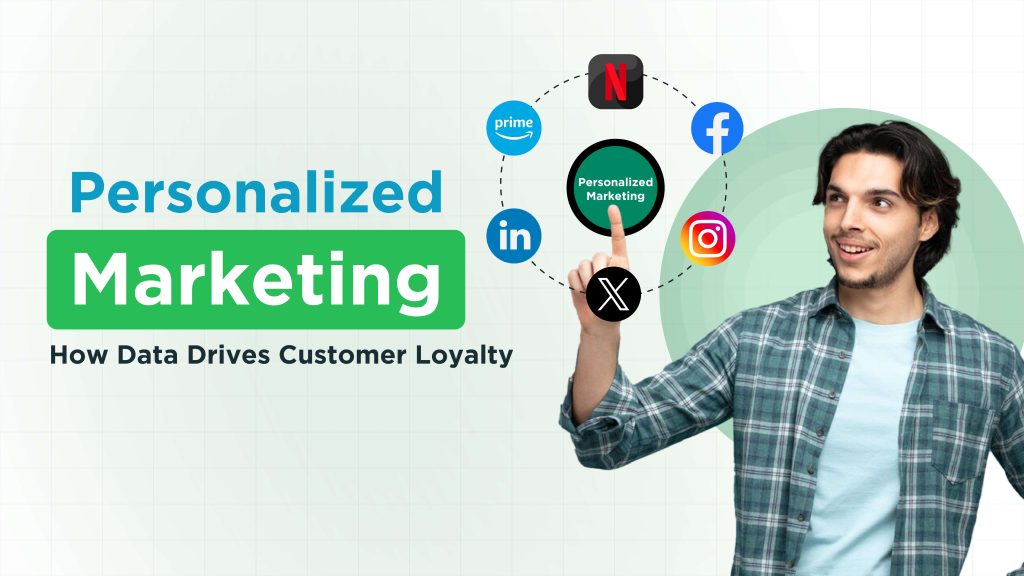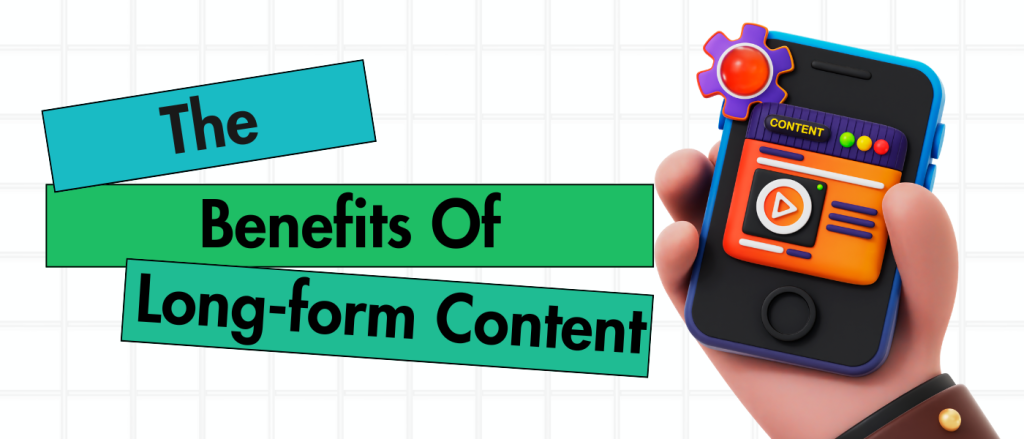What Is Digital Marketing
In today’s interconnected world, where individuals are constantly plugged into their devices, digital marketing has emerged as a transformative force in the realm of business. As traditional marketing methods evolve, understanding the intricacies and potential of digital marketing becomes increasingly crucial for businesses aiming to thrive in the digital age.
In this comprehensive guide, we will delve deep into the essence of digital marketing, exploring its definition, strategies, tools, and the unparalleled opportunities it presents for businesses of all sizes.
What Is Digital Marketing?
Digital marketing can be defined as the strategic use of digital channels, platforms, and technologies to connect with current and prospective customers. In other words, you can consider this marketing as direct marketing that we do digitally using different platforms. Unlike traditional marketing, which relies heavily on offline channels such as print, television, and radio, digital marketing leverages the vast landscape of the internet to reach and engage target audiences.
Types Of Digital Marketing:
It encompasses a diverse array of tactics, including but not limited to:
- Search Engine Optimization (SEO): Optimizing website content and structure to improve visibility and rank higher in search engine results pages (SERPs).
- Content Marketing: Creating and distributing valuable, relevant, and consistent content to attract and retain a clearly defined audience.
- Social Media Marketing: Utilizing social media platforms to connect with audiences, build brand awareness, and drive website traffic or sales.
- Email Marketing: Sending targeted messages and promotions via email to nurture leads, retain customers, and drive conversions.
- Pay-Per-Click (PPC) Advertising: Placing ads on search engines or social media platforms and paying a fee each time the ad is clicked.
- Influencer Marketing: Partnering with influential individuals on social media to promote products or services to their followers.
- Affiliate Marketing: Collaborating with affiliates who promote products or services in exchange for a commission for each sale generated.
The Evolution of Digital Marketing
The landscape of digital marketing is constantly evolving, shaped by advancements in technology, shifts in consumer behavior, and updates to search engine algorithms. Over the years, several trends and developments have significantly influenced the way businesses approach digital marketing:
- Mobile Revolution: The proliferation of smartphones and mobile devices has revolutionized digital marketing, making it imperative for businesses to optimize their strategies for mobile users.
- Data-Driven Insights: The abundance of data available through analytics tools enables marketers to gain valuable insights into consumer behavior, preferences, and trends, allowing for more targeted and personalized marketing efforts.
- Social Media Dominance: Social media platforms have become integral to digital marketing strategies, offering unparalleled opportunities for engagement, brand building, and customer communication.
- Content is King: High-quality, relevant content has emerged as a cornerstone of effective digital marketing, driving organic traffic, establishing authority, and fostering customer trust and loyalty.
- Personalization and Automation: Advancements in marketing automation and personalization technologies enable marketers to deliver tailored messages and experiences to individual customers at scale, enhancing engagement and conversion rates.
The Components of a Successful Digital Marketing Strategy
Crafting a successful digital marketing strategy requires a deep understanding of your target audience, clear objectives, and a well-coordinated approach across various channels. Here are the key components of a robust digital marketing strategy:
- Define Your Goals: Whether it’s increasing brand awareness, generating leads, driving website traffic, or boosting sales, clearly define your objectives to guide your digital marketing efforts.
- Know Your Audience: Conduct market research to identify your target audience’s demographics, preferences, pain points, and online behavior, allowing you to tailor your messaging and tactics accordingly.
- Choose the Right Channels: Select the digital marketing channels and platforms that align with your goals and resonate with your target audience. Consider factors such as demographics, interests, and behavior when making your choices.
- Create Compelling Content: Develop high-quality, engaging content that educates, entertains, or adds value to your audience’s lives. Whether it’s blog posts, videos, infographics, or social media posts, focus on quality and relevance to capture attention and drive engagement.
- Optimize for Search Engines: Implement SEO best practices to improve your website’s visibility and rankings on search engines. This includes optimizing on-page elements, creating valuable content, building backlinks, and monitoring performance using analytics tools.
- Engage on Social Media: Build a strong presence on social media platforms relevant to your audience, sharing content, engaging with followers, and fostering meaningful conversations. Leverage social media advertising to expand your reach and drive targeted traffic to your website.
- Utilize Email Marketing: Develop targeted email campaigns to nurture leads, promote products or services, and keep your audience informed and engaged. Personalize your emails based on subscriber preferences and behavior to enhance effectiveness.
- Measure and Analyze Performance: Track key performance indicators (KPIs) such as website traffic, conversion rates, engagement metrics, and ROI to evaluate the effectiveness of your digital marketing efforts. Use analytics tools to gain insights and make data-driven decisions to optimize your strategy.
The Future of Digital Marketing
As technology continues to advance and consumer preferences evolve, the future of digital marketing promises to be dynamic and exciting. Several trends are poised to shape the future landscape of digital marketing, including:
- Artificial Intelligence (AI): AI-powered technologies will revolutionize digital marketing by enabling hyper-personalization, predictive analytics, chatbots for customer service, and more efficient campaign optimization.
- Voice Search and Smart Speakers: The growing popularity of voice-activated devices like Amazon Echo and Google Home will necessitate optimization for voice search, presenting new opportunities and challenges for marketers.
- Augmented Reality (AR) and Virtual Reality (VR): AR and VR technologies will offer immersive brand experiences, allowing marketers to engage audiences in entirely new ways and create memorable interactions.
- Data Privacy and Compliance: With increased scrutiny on data privacy and regulations such as GDPR and CCPA, marketers will need to prioritize transparency, consent, and compliance in their data collection and usage practices.
- Video Dominance: Video content will continue to dominate digital marketing, with platforms like YouTube, TikTok, and Instagram leading the way. Short-form video content and live streaming will become increasingly popular for engaging audiences.
- Ephemeral Content: The rise of ephemeral content on platforms like Snapchat and Instagram Stories highlights the importance of creating timely, authentic, and engaging content that resonates with audiences in the moment.
Conclusion:
In conclusion, digital marketing is not merely a tool or a strategy; it’s a dynamic ecosystem that empowers businesses to forge meaningful connections with their audience in the digital realm. It embodies the fusion of creativity, technology, and strategy, offering boundless opportunities for growth and innovation.
Embracing digital marketing isn’t just about staying ahead of the competition; it’s about embracing the future and unlocking the limitless possibilities that lie ahead in the digital age. So, let us embark on this journey with curiosity, creativity, and a commitment to excellence, as we harness the full potential of digital marketing to shape the future of business and communication.


